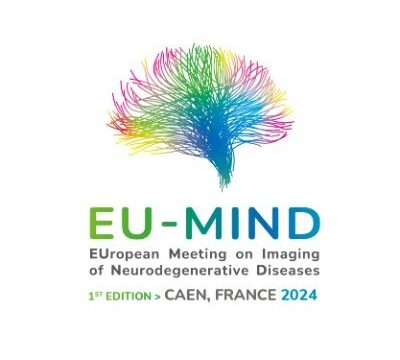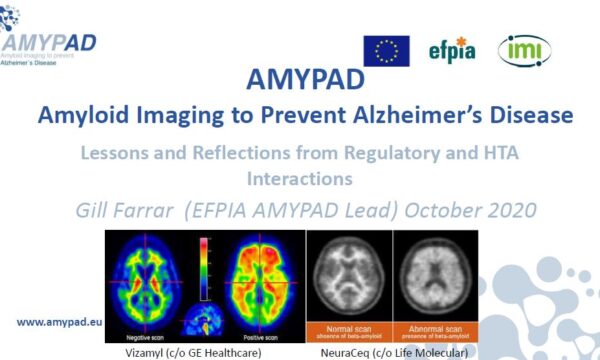What is your current role on AMYPAD?
As a professor in clinical neuroscience at Karolinska Institutet and senior consultant at the memory clinic at Karolinska university hospital I am PI for the AMYPAD study in Stockholm. I am responsible for the WP3 (Diagnostic and patient management study) in Stockholm where we have finalised the recruitment of patients at the memory clinic and amyloid PET scanning and clinical follow-ups are ongoing. I and members of my research team at Karolinska Institutet are also participating in WP2 (Tracer delivery, PET scanning and image analysis) and WP5 (Monitoring treatment: quantifying patient-specific efficacy).
What is your overall vision?
The AMYPAD project has a very important aim to evaluate the value of amyloid PET for early detection and diagnosis of Alzheimer´s disease and for future preventive, disease modifying treatments and patient managements. The possibility to create a large clinical data base from patients at different stages of memory impairment from subjective cognitive decline (SCD) to dementia and from a large number of memory clinics in Europe will generate experiences and clinical findings of utmost importance for the future management of Alzheimer´s disease in Europe.
What do you find most challenging about the project?
One of the most challenging has so far for the Stockholm site been the COVID pandemic which influenced the recruitments and clinical examinations since we entered the diagnostic study in late autumn 2020. The most challenging but also most exciting is now to watch all interesting projects and new scientific data and publications coming out now and in the near future from the AMYPAD project . Personally I am very interested to find out the clinical value of amyloid PET in SCD.



